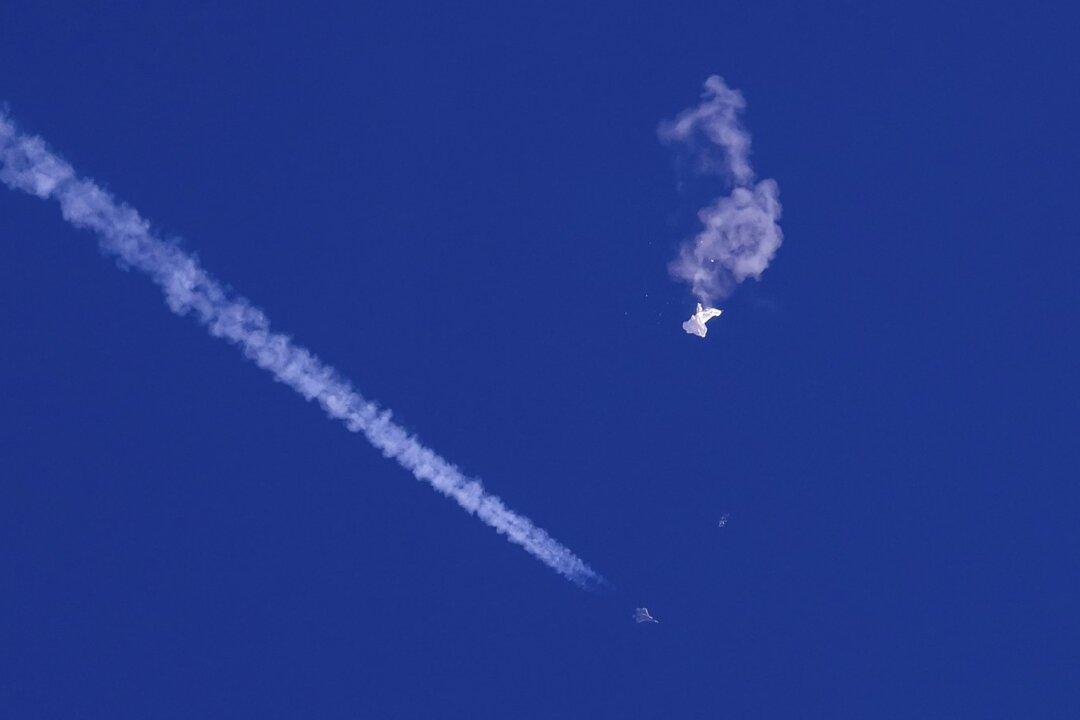Canada’s preeminent ufologist has seen an uptick in reported sightings of unidentified flying objects in recent days suggesting more Canadians are turning their eyes to the sky after U.S. fighter jets shot down three separate objects over the weekend.
Chris Rutkowski, with Ufology Research in Winnipeg, has been collecting and analyzing Canadian data on unidentified flying objects, or unidentified aerial phenomena as it’s more recently been referred to as, for nearly 35 years.





